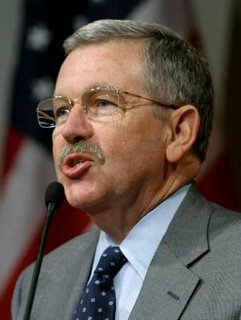Mark O'Connell Remembered
If you were in Minnesota at some point in the last fifteen or so years, or in Tulsa, Oklahoma before that, I hope you got a chance to hear Mark O’Connell, one of the best broadcasters I ever knew. Mark and I worked together in the early nineties, doing a morning show at the Twin Cities’ KQQL-FM, “KOOL 108.” Later, and for many more years, Mark teamed up with Ron Rosenbaum to do their popular morning talk show for KSTP-AM.
Sadly and suddenly, Mark passed away on January 20th of this year. You can read more about him here
including my remarks:
… it was an enduring delight to be on the air with him. He held himself to very high standards, was a gifted and insightful journalist, and then, on a dime, could pivot and be the funniest guy in the room.
He was the most generous of partners, quick to take a back seat if everything was running smoothly, quick to take the wheel if we were headed for a ditch, without ever taking a victory lap for his efforts.
I loved watching football with him, or listening to him talk about his pride and joy, Gloria and their children, who turn out to be wonderful adults to be around.
There was an element to Mark's character that goes beyond what I can express here. In spite of his no nonsense manner, and his determination to create excellence, which he did, but never admitted doing, Mark was an incredibly compassionate man. What separated him from other also talented broadcasters was an old-fashioned sense of compassion for the human race, for each of us as individuals, and the determination that like George Bailey, he would constantly pay attention to the little ways that he could make everyone else's life a far richer experience.

